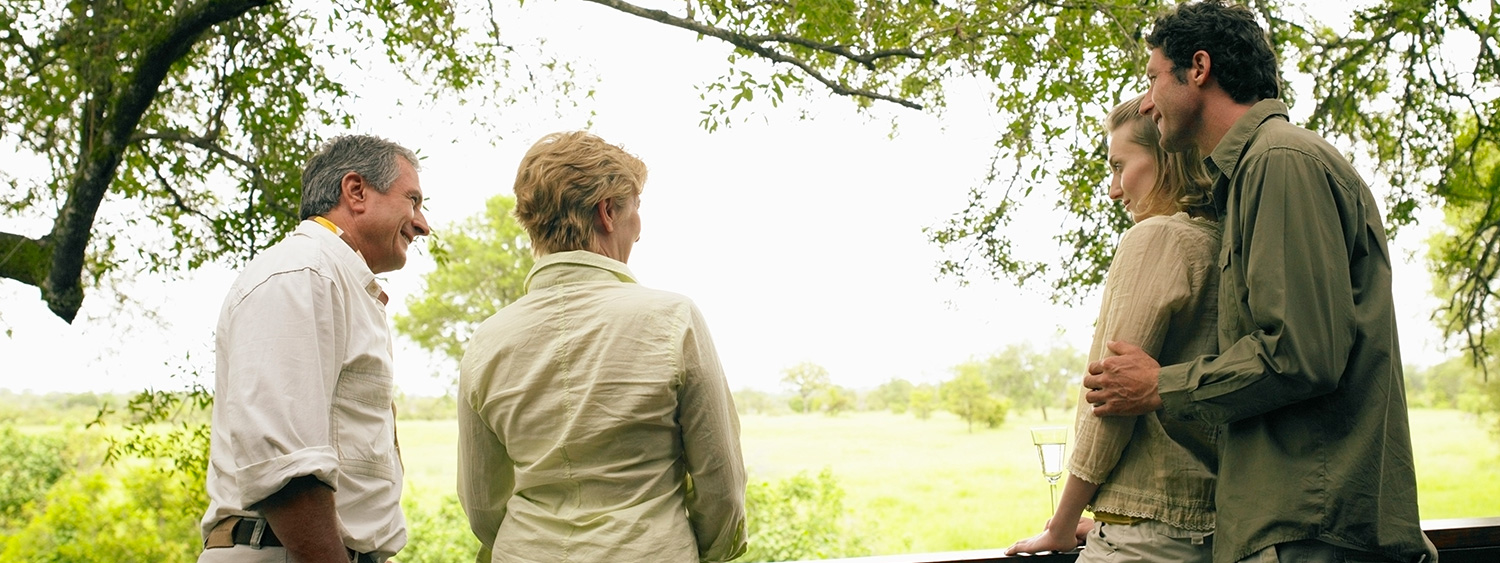0115 964 7740 - law@curtisparkinson.com


Legal Rights For Unmarried Couples
15 November, 2022 3 minutes reading time
Despite the trend for cohabiting, the law hasn’t caught up for unmarried couples. Many in a long-term relationship still think that under “common law”, they’re automatically entitled to a share of any property they have lived in if one partner dies or they separate. Sadly, this isn’t the case. Cohabiting couples in England and Wales have no specific rights. So it’s a misnomer that common-law marriage is legally enforceable.
Property Ownership
It’s very common for unmarried couples to buy a house together. If both names are on the deeds, they will likely own the property as joint tenants or tenants-in-common.
As joint tenants, both people own the entire property; there’s no division of ownership. Under a ‘tenants in common’ arrangement, each person owns a share of the property, the default being half each unless otherwise agreed.
However, unmarried couples often live together in a house owned solely by one partner, frequently for many years. Suppose the couple subsequently fall out, and the other partner leaves. In that case, their legal rights are limited unless children are involved.
Beneficial Interest or Ownership
When an unmarried couple separates, it’s possible to prove there’s an “equitable or beneficial interest” in the property.
Claims for a beneficial interest in a property are made under the Trust of Lands and Appointment of Trustees Act 1996 (TOLATA). However, putting a case together is rarely straightforward and often challenging to prove. Successful claims require concrete facts and specific dates, not just a list of contributions made towards council tax, household bills, decorating, etc.
To make a strong case, an individual, who is not the legal owner, must prove the following:
- They have paid towards the purchase price, mortgage or renovation costs that have improved the property’s value.
- They have contributed indirectly by looking after the family and household, on the understanding that the property was their home.
- They were explicitly promised rights over the property.
Avoiding Court Action
If couples can speak to each other, it’s cheaper and far less stressful to avoid going to court. They can usually resolve their issues surrounding separation by reaching an agreement. However, getting independent legal advice to formalise the agreement is worthwhile so nothing is left to chance. Exploring mediation or arbitration is a less costly option if emotions run high than resorting to court action.
Death & Inheritance
If you’re worried about what happens if your partner dies while you’re living together, you could enter into a declaration of trust to confirm ownership and rights. However, it’s also essential that you make a Will to ensure that your wishes are followed when you die and to help prevent disagreements with families.
Our Advice
Undoubtedly, the current legal landscape places separating cohabitees at a significant disadvantage compared to married couples. However, taking professional advice early in the process means you can plan effectively and with peace of mind.
If you need more information or advice about buying a property together, your legal rights as an unmarried couple or making your Wills, contact us today. We’re here to help.
Please note that all views, comments or opinions expressed are for information only and do not constitute and should not be interpreted as being comprehensive or as giving legal advice. No one should seek to rely or act upon, or refrain from acting upon, the views, comments or opinions expressed herein without first obtaining specialist, professional or independent advice. While every effort has been made to ensure accuracy, Curtis Parkinson cannot be held liable for any errors, omissions or inaccuracies.





